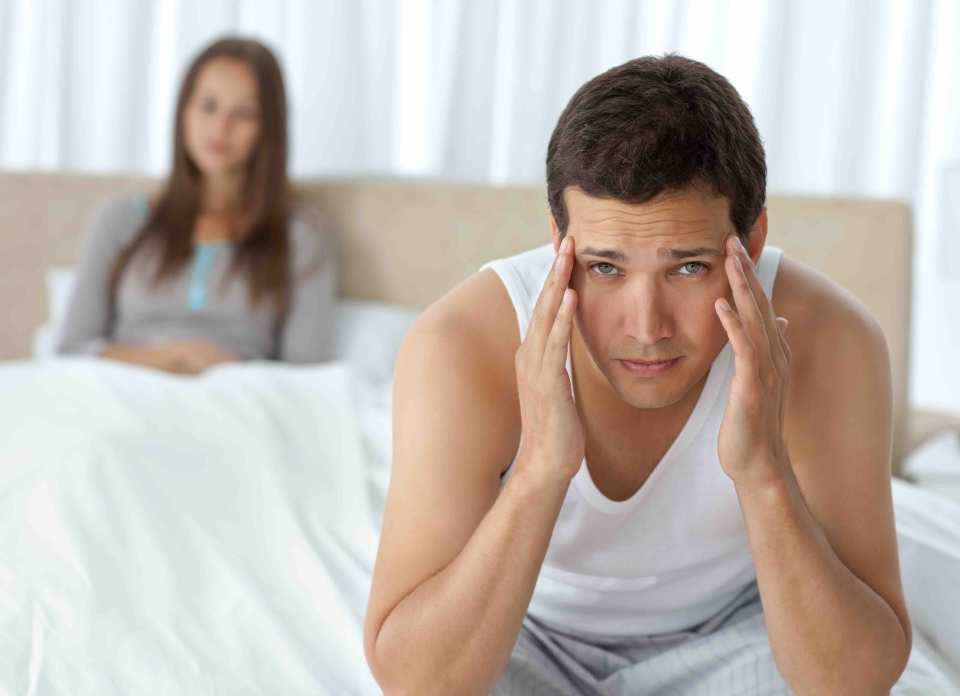Erectile dysfunction (ED) is a common condition that affects millions of men worldwide. It refers to the inability to achieve or maintain an erection sufficient for sexual intercourse. ED can have a significant impact on a man’s self-esteem, relationships, and overall quality of life. While there are various medical treatments available for managing ED, making lifestyle changes can also play an essential role in improving symptoms.
1. Exercise Regularly:
Physical activity has numerous health benefits, including improving erectile function. Regular exercise helps in maintaining a healthy weight, reducing stress levels, and improving cardiovascular health – all of which contribute to better sexual health. One study found that men who exercised 3-5 hours per week had a 30% lower risk of developing ED compared to inactive men.
2. Maintain A Healthy Diet:
A diet rich in fruits, vegetables, whole grains, and lean proteins not only benefits overall health but may also improve erectile function. Some studies suggest that nutrients such as zinc and L-arginine may play a role in promoting healthy blood flow and therefore aid in treating ED.
3. Quit Smoking And Limit Alcohol Consumption:
Smoking is linked to various health problems, including cardiovascular disease – one of the leading causes of ED. Research shows that smoking disfunzione erettile can damage blood vessels and reduce blood flow to the penis, contributing to erectile dysfunction.
Excessive alcohol consumption has also been linked with an increased risk of developing ED. Moderate alcohol consumption (no more than one drink per day) may not have significant effects on erectile function; however heavy alcohol use is associated with higher rates of sexual dysfunction.
Getting adequate sleep is vital for overall well-being and could also benefit sexual performance as well as testosterone levels – both necessary for achieving erections.
Stress causes the body to release cortisol – known as the “stress hormone” – which can lead to various health problems, including ED. Manage stress levels through activities such as yoga, meditation, or deep breathing exercises.
Communication is key in any relationship, especially when it comes to sexual health. Openly discussing the issue with your partner can help relieve stress and anxiety related to ED. This conversation can lead to more understanding and support from your partner, leading to a healthier and more satisfying sexual relationship.
It is essential to consult a healthcare provider if you are experiencing symptoms of erectile dysfunction regularly. A doctor may be able to prescribe medication or recommend other treatments that can help manage the condition effectively.
In conclusion, lifestyle changes may not cure erectile dysfunction completely; however, they do have significant effects on managing and even improving symptoms. Maintaining a healthy lifestyle by exercising regularly, eating well-balanced meals, limiting alcohol consumption and quitting smoking all contribute towards better overall health and increased chances of maintaining healthy erections. Additionally, open communication with your partner and seeking professional help when needed are also essential steps in managing this common condition effectively.
Remember that making lifestyle changes may require time and effort before seeing results; therefore consistency is key in reaping their benefits. By incorporating these changes into your daily life along with medical treatment when necessary, it is possible for men with ED to experience an improvement in their sexual function and overall quality of life.











